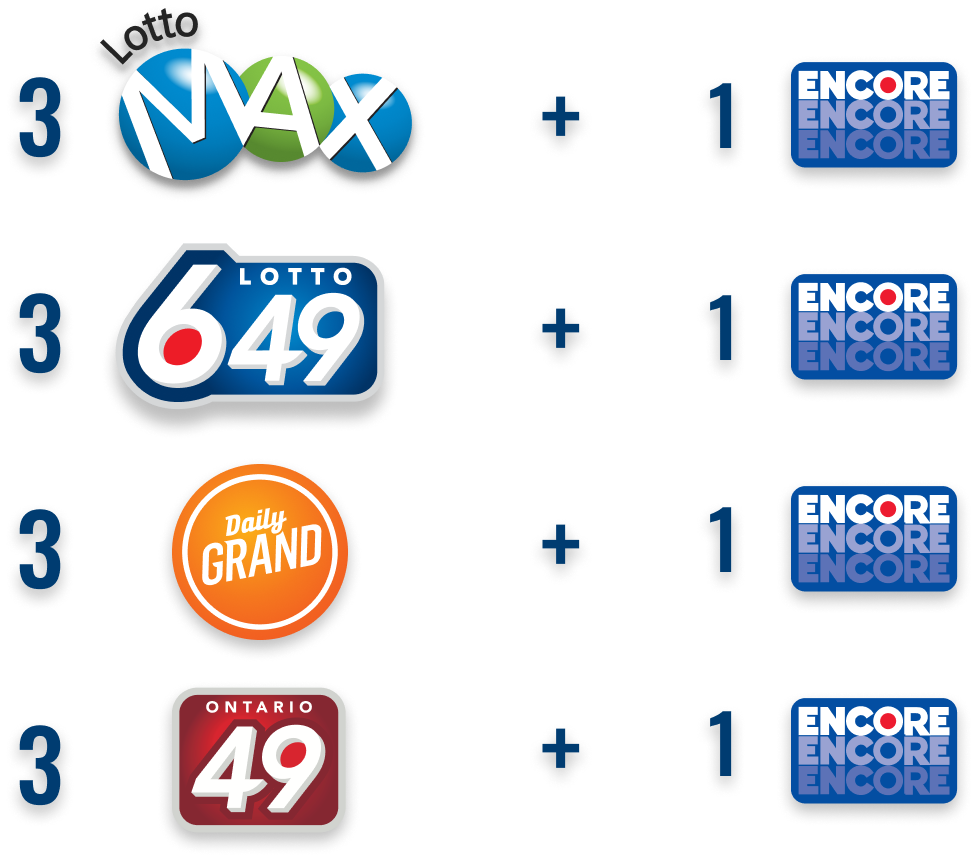
A lottery togel sdy is a game in which people purchase tickets with numbered numbers. The winning numbers are drawn and the tickets whose numbers match are awarded prizes. The odds of winning vary widely, depending on the price of a ticket, the prize amount, and how many numbers are included in a drawing. In addition, lottery games can be characterized as gambling or non-gambling, depending on how much skill is required to play them.
While some lotteries are purely financial, others reward participants with benefits that may have no monetary value at all. Examples include a lottery for units in a subsidized housing block or kindergarten placements at a reputable public school. While some critics see lotteries as addictive forms of gambling, the money raised by these events can help to make the distribution of scarce resources more equitable for society as a whole.
The term “lottery” can also be used to describe a process that distributes goods or services on the basis of chance, such as a raffle or a contest. A raffle, for example, is a type of lottery in which entrants have the opportunity to win a prize by selecting numbers from a container or other device. A contest, on the other hand, is a type of lottery in which winners are selected by random selection or by other means.
In the 15th century, a number of towns in the Low Countries organized public lotteries to raise funds for town fortifications, to provide assistance for the poor, and for other purposes. A record of the first known prize-winning lottery ticket dates from this period. It lists the numbers to be drawn and the prize, which was 1737 florins (worth about $170,000 in 2014). The Dutch state-owned Staatsloterij is the oldest running lottery (1726).
Although some have argued that lotteries are gambling, others have defended them on the grounds that they are a painless form of taxation. In the 18th century, public lotteries helped fund numerous projects, including the building of the British Museum and the repair of bridges. They were also an important source of funding for American colleges, such as Harvard, Dartmouth, Yale, King’s College (now Columbia), and William and Mary. Benjamin Franklin organized a lottery to raise money for cannons to defend Philadelphia, and George Washington was involved in a lottery that offered land and slaves as prizes.
Even so, lottery critics point out that there is no such thing as a guaranteed win. The odds of matching five out of six numbers are very low, and the size of a prize depends on the number of tickets sold and how many numbers are needed to be chosen. Moreover, there is no evidence that one set of numbers is luckier than another. In fact, a person’s chances of winning the lottery do not improve over time, regardless of how many times they play. In other words, a person is just as likely to win the lottery the first time they play as they are the hundredth.